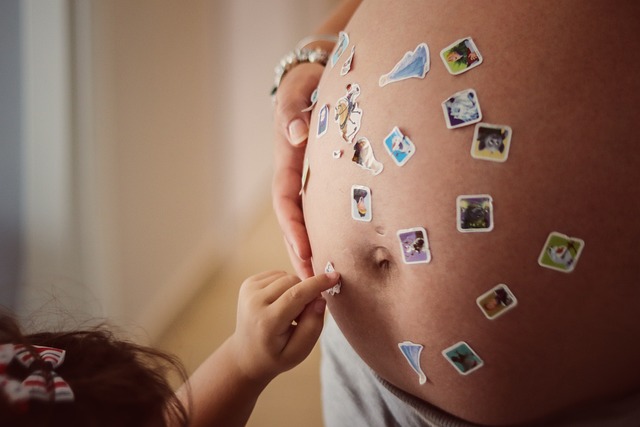When it comes to trying to conceive, there’s a lot of advice out there about what to do—and what to avoid. One area that often sparks debate is alcohol consumption. Research has linked drinking during pregnancy to serious risks, such as stillbirth, first-trimester miscarriage, and a variety of birth defects. In fact, alcohol abuse among pregnant women is a leading cause of these issues, resulting in around 12,000 babies born each year with Fetal Alcohol Syndrome (FAS), with many more experiencing milder effects related to learning disabilities.
However, when it comes to casual drinking while trying to conceive, the findings are less clear. Some studies suggest that moderate alcohol consumption might not significantly hinder a woman’s chances of getting pregnant. For instance, one research effort indicated that women who drank 1-5 drinks weekly had a reduced probability of conception, while another showed no negative impact for women consuming 7 or more drinks, though older women (over 30) faced a higher infertility risk.
Interestingly, a recent study from the Danish Epidemiology Science Center in Copenhagen revealed a potential positive link between moderate wine consumption and conception rates. The study observed that wine drinkers had a nearly 30% greater chance of achieving pregnancy within a year compared to those who abstained. Women who exclusively drank wine tended to conceive more quickly than those who consumed beer or spirits. However, heavy drinking of spirits was found to dramatically reduce the chances of conception. Women ingesting over seven shots a week were 240% less likely to conceive, but many also had other risk factors like smoking and previous pelvic infections.
It’s worth noting that the benefits observed in wine drinkers may not be solely due to the alcohol itself. Often, wine enthusiasts lead healthier lifestyles, with better diets and lower smoking rates. This points to the possibility that factors associated with wine consumption might contribute to improved fertility rather than the wine itself. Additionally, other variables, like caffeine intake and partner’s age, were not considered in the study.
While some data suggests potential benefits of moderate wine consumption, it’s essential to approach this information cautiously. The risks associated with alcohol during pregnancy are significant, as even small amounts can impact fetal development. Therefore, it’s generally recommended that women trying to conceive should avoid alcohol altogether. For more insights on conception and lifestyle choices, check out this blog post, which discusses how to conceive on your own terms.
To enhance your chances of conception, look into products like this fertility booster for men which can be beneficial during your journey. Also, if you’re exploring IVF as an option, this resource provides excellent information about the process.
In summary, while moderate wine consumption may show some correlation with increased chances of conception, the risks of alcohol during pregnancy are too significant to ignore. It’s best to prioritize a healthy lifestyle free from alcohol while trying to conceive.

